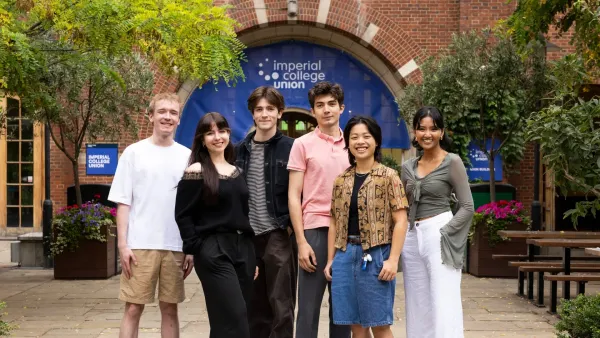Genetic privacy
Geneticists have a run-in with the law
Science and the law have clashed again this week, and it seems that the US is adamant in attempting to inhibit scientific advances yet again in the name of public safety. This time, it is the geneticists that are under pressure, as Californian senators are attempting to pass a bill that could hinder on-going research into genetic diseases.
The bill, known as The Genetic Information Privacy Act, aims to introduce consent forms covering the explicit intended use of the genetic sample, which the person who is donating the material must then agree with. The bill also states that such genetic material must be destroyed after, and cannot be stored to be accessed at a later date. Supporters for the bill are keen to point out that it doesn’t stop research, just adds a new bureaucratic component to protect personal information.
With the National Human Genome Research Institute predicting that the cost of sequencing a genome is dropping at a greater than exponential rate, it is only a matter of time before anyone can get their own DNA sequenced at a reasonable cost. It is with this increase in ease of access that concern arose into how such sensitive and personal information should be treated, triggering the new law.
However, the proposed paperwork will cost researchers around half a million dollars annually, according to the University of California, not to mention the time delay it will undoubtedly add to any sort of investigation in the future. This will especially hinder key research into the genetic causes of diseases as they require thousands of genomic samples at a time.
This echoes the reasoning behind the significant delay seen earlier this month of the publication of a key virology article detailing the artificial creation of an influenza strain. In that case, paper publication went ahead in Nature without consequence. Should this new bill be passed and then ignored, penalties will range from $1,000 to $10,000 depending on the circumstances.
With many other states already putting into motion their own interpretation of bills concerning genetic research, it seems that this new expenditure is going to be an unavoidable reality very soon. This highlights again the definitive need for some other mandate to form a bridge between public safety and scientific advances, so both can be satisfied without any detrimental effects to the two.









